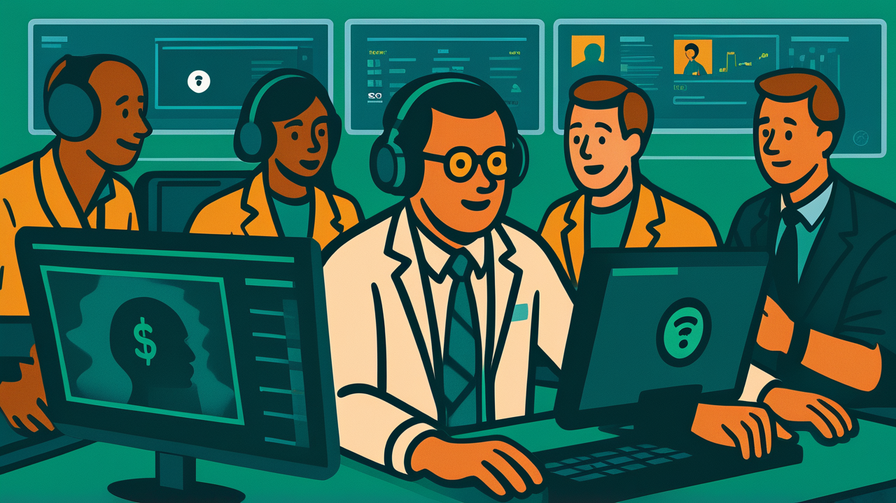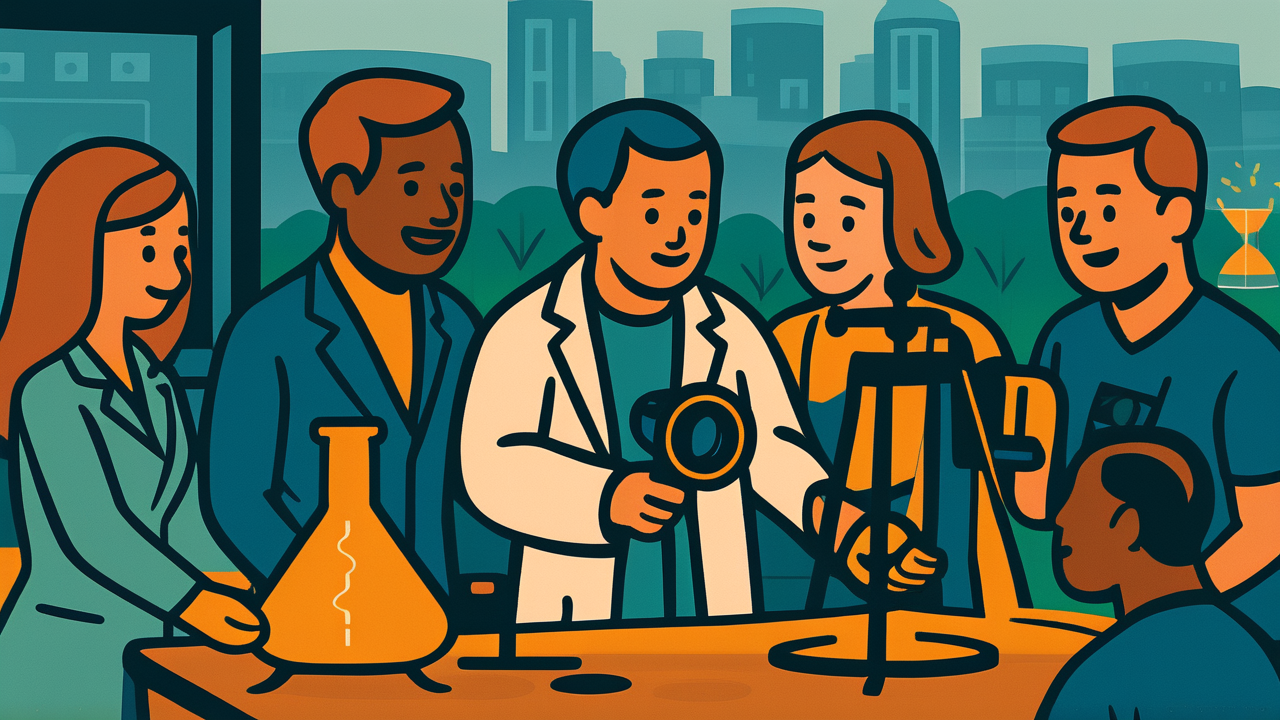[Disclaimer] This article is reconstructed based on information from external sources. Please verify the original source before referring to this content.
News Summary
The following content was published online. A translated summary is presented below. See the source for details.
Spotify’s research team has published insights about the challenges of validating observational studies using experimental data. The article discusses how many models at Spotify are trained using randomized data to prevent bias in their machine learning systems. This approach is crucial for ensuring fair and accurate recommendations for users. The research highlights the complexity of comparing real-world observational data with controlled experimental results, a fundamental challenge in data science and machine learning. While the full technical details are available in the original post, the key message emphasizes the importance of careful experimental design and the limitations of observational studies when trying to establish causal relationships in complex systems like music recommendation algorithms.
Source: Spotify Engineering Blog
Our Commentary
Background and Context

Observational studies versus experiments represent one of the biggest challenges in modern data science. Think of it this way: An observational study is like watching what music people naturally choose to listen to. An experiment is like randomly assigning some users different playlists and seeing how they react. Both methods help us understand user behavior, but they have very different strengths and weaknesses.
Spotify, with over 500 million users worldwide, faces unique challenges in understanding how people interact with music. Every day, the platform must make billions of recommendations, trying to match users with songs they’ll love. Getting this right requires sophisticated understanding of both what users do naturally and how they respond to new suggestions.
Expert Analysis
The challenge Spotify describes touches on a fundamental issue in data science called selection bias. When you only observe what people choose naturally, you miss important information. For example, if someone only listens to pop music, you can’t know if they might also enjoy jazz – they simply haven’t been exposed to it.
This is why Spotify emphasizes using randomized data. By randomly showing some users different types of music, they can better understand true preferences versus habits. It’s like the difference between asking someone what ice cream flavor they’d choose (observation) versus giving them free samples of different flavors to try (experiment).
The “hardness” mentioned in the title refers to technical and practical difficulties in reconciling these two types of data. Real-world behavior is messy and influenced by countless factors, while experiments are controlled but artificial.
Additional Data and Fact Reinforcement
In the music streaming industry, recommendation algorithms directly impact business success. Spotify reports that over 30% of all listening comes from algorithmic recommendations. Poor recommendations lead to user frustration and potential subscription cancellations.
The challenge extends beyond music. Similar problems exist in social media feeds, online shopping recommendations, and even medical research. Any system trying to predict human behavior faces this fundamental tension between observing natural behavior and conducting controlled experiments.
Machine learning models trained on biased data will perpetuate and amplify those biases. For instance, if a model only sees that young people listen to certain artists, it might never recommend those artists to older users who might actually enjoy them.
Related News
This research connects to broader trends in responsible AI development. Tech companies increasingly recognize that purely observational data can reinforce existing patterns and biases. Netflix, YouTube, and Amazon face similar challenges in their recommendation systems.
Recent regulatory discussions in the EU and US have focused on algorithmic transparency and fairness. Companies must now explain how their algorithms work and demonstrate they don’t discriminate against certain user groups. Spotify’s research into experimental validation represents one approach to meeting these requirements.
Summary

Spotify’s research highlights a critical challenge in modern technology: How do we validate that our understanding of user behavior is actually correct? The distinction between observational studies and experiments isn’t just academic – it directly impacts the music recommendations millions of users receive daily. By acknowledging the difficulty of validation and investing in randomized experimental approaches, Spotify demonstrates commitment to improving recommendation quality while avoiding the pitfalls of biased data. This work has implications beyond music streaming, offering lessons for any technology company trying to understand and serve human preferences fairly and accurately.


